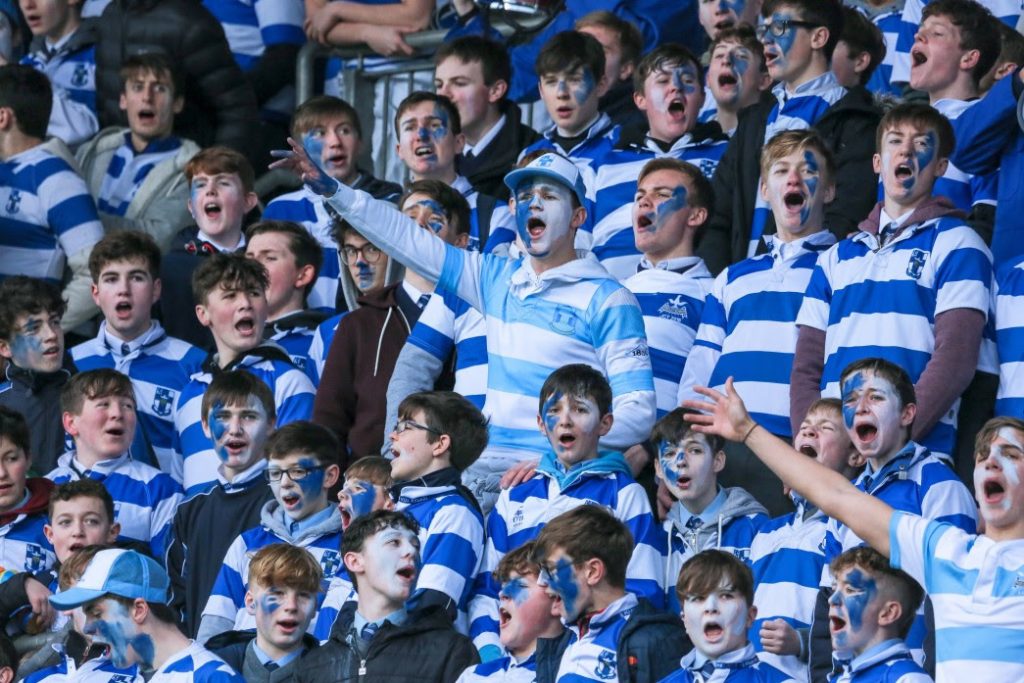Some clubs are reportedly considering prioritising richer supporters to maximise revenues.
When England’s second lockdown ends in early December so will the eight-month ban on football fans attending live matches. However, stadiums won’t be back to full capacity. Attendee numbers are capped at 2,000 in Tier 2 areas and 4,000 in Tier 1 areas (Tier 3 areas have to keep sports behind closed doors). The prediction is therefore that demand for these tickets will far outstrip their supply. Which raises the question of who, then, the tickets should go to.
In traditional economic theory, when the supply and demand balance is tipped towards the demand side, the seller responds by putting up prices in order to maximise their profit. There’s some indication that some football clubs are indeed thinking along these lines. Tottenham Hotspurs is one club that has apparently been considering prioritising its biggest financial supporters, including sponsors, when it sells tickets for its first match.
There are advantages to this strategy. Targeting big spenders would bring in more revenue and therefore help many Premier League clubs plug the huge hole in their finances caused by the pandemic restrictions (last year, over one-third of their revenue came from match tickets). And as guaranteed tickets are often written into sponsorship contracts, denying sponsors their share may cause a legal headache. In addition, some economists say allowing prices to be dictated by supply and demand is the fairest way to go about things, because the more value you get from something (technical economic term: utility) the more you will be willing to stump up to get hold of it.
Of course, one of the criticisms of this theory is that it ignores wealth inequality. A poorer person who wants something enough to spend 1/10th of their total income on it can still be outbid by a richer person who is only willing to spend 1/100th of theirs. So if football clubs end up pricing out many of their die-hard supporters, it will undoubtedly cause resentment. That resentment may be compounded by the fact that statistically, well-off people have done much better during the pandemic (physically and financially) than those lower down the socio-economic ladder.
Read our explainer on: is economic inequality a problem?

